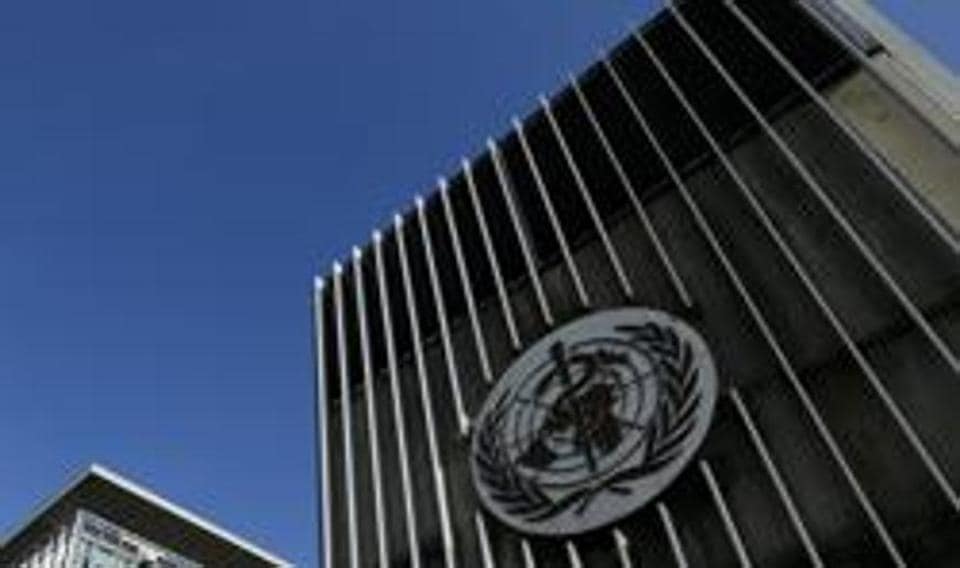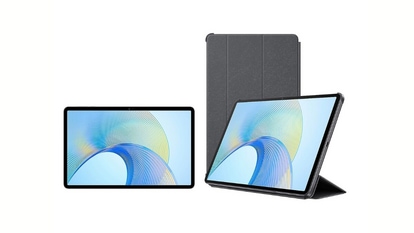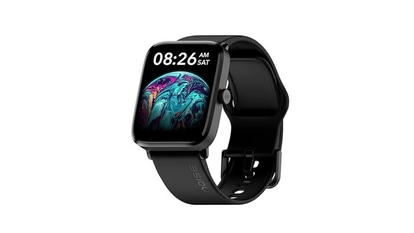Digital health tools boost traditional services but cannot replace them: WHO guidelines
The guidelines are primarily meant for public health delivery, it can also serve as a playbook for developers and manufacturers of digital health devices, who need to generate more evidence to show their products improve on established healthcare practices.

The first international guidelines for prioritising, integrating and regulating digital health tools, released this week, underline the benefits of 10 digital approaches to improve public health and essential services but warn that technology cannot and should not replace traditional health services.
With 51% of the world's population having access to broadband internet service, the World Health Organization's (WHO) guidelines on digital interventions use evidence to identify how tools that use smartphones, tablets and computers can make health systems more efficient, responsive and resilient to resource constraints.
"Safe and secure digital health technologies can significantly improve the quality, accessibility and sustainability of health services. New digital health technologies can help connect health professionals to patients in hard-to-reach areas, improve detection, diagnosis and treatment of health problems, and support management and monitoring of public health programmes so decision-makers know whether their policies are working," said Dr Poonam Khetrapal Singh, regional director of the World Health Organisation South East Asia Region (SEARO), of which India is a part.
Several countries, including India, have integrated digital technologies into public health systems to improve outreach and fill gaps in traditional health services.
"There are many good examples from the region. India's electronic vaccine intelligence network — eVJN — is providing the country's immunisation programme with real-time information on vaccine stocks and flows through a simple mobile application. India has also launched a path-breaking integrated health information platform, a country-wide information system for managing disease outbreaks in the first instance but with potential for many others uses," Dr Khetrapal Singh said.
Among the initiatives that have worked are digital tools for training and public health communication such as text reminders to pregnant women to attend antenatal care appointments, reminders to get children vaccinated, and decision-support tools to guide health workers provide care.
"Other countries in the region (SEARO), which is home to 26% of the world's population, are increasingly using SMS messages, voice messaging and other digital tools to provide large-scale prevention services for non communicable diseases to people at all levels of literacy through the BeHe@lthyBeMobile Initiative. Countries are also introducing electronic medical records, which should help improve continuity of care for people with long term health conditions," said Dr Khetrapal Singh.
The BeHe@lthyBeMobile is a joint WHO-International Telecommunications Union initiative that assists national governments to develop mHealth services to prevent and manage non-communicable diseases, such as heart disease, diabetes and cancers, and their risk factors, such as high blood pressure and high blood glucose.
Digital technology adds value, but it is not a silver bullet, warns the WHO guidelines. While there is some evidence on the effectiveness of telemedicine, commodity management, health worker decision-support and education, content and digital tracking of patients' health status, improving governance, and digital support for vaccinations, birth and death notifications for support; gaps in the available evidence make it difficult to assess whether tools are effective in every context.
"The WHO sounds a mixed note of welcome and caution, just as Louis Pasteur advised his research fellows, 'keep your enthusiasm but let strict verification be its constant companion'," said Dr K Srinath Reddy, president, Public Health Foundation of India.
The guidelines are primarily meant for public health delivery, it can also serve as a playbook for developers and manufacturers of digital health devices, who need to generate more evidence to show their products improve on established healthcare practices.
"They come at a time when several applications of innovative digital technologies are claiming to transform the outreach, effectiveness and affordability of healthcare. While there is great promise of such benefits, especially in primary health care, disease surveillance, patient tracking, counselling, telemedicine and supply chain management, the performance of new technologies needs to be carefully evaluated," said Dr Reddy.
"India is emerging as a crucible of innovation in digital technologies and can become the world leader, as in the case of generic drugs. As it sets out to do so, the WHO guidelines will point the direction. In a rapidly emerging and expanding field, WHO will also need to frequently update and revise the guidelines to keep pace with the innovations and evidence," said Dr Reddy.
It's imperative to ensure patient safety, privacy, traceability, accountability and security.
"This is a very fast-moving area. To take greatest advantage of the potential of digital technologies, people must be confident that information is secure and confidential. With that assurance, the benefits stand to be immense," said Dr Khetrapal Singh.
Catch all the Latest Tech News, Mobile News, Laptop News, Gaming news, Wearables News , How To News, also keep up with us on Whatsapp channel,Twitter, Facebook, Google News, and Instagram. For our latest videos, subscribe to our YouTube channel.

























